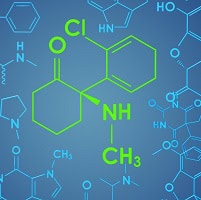Jails, Institutions, and Death: Did 12-Step Programs Get it Wrong?
Posted on February 8, 2019
by Thaddeus Camlin, Psy.D.
Bromides abound in traditional recovery circles, arguably none more common than the folklore fantasy that substance use invariably leads to jails, institutions, and death. If threats, shaming, and fear mongering worked then the United States would be justifiably priggish in its approach to treating addiction. Instead, after nearly a century of tyrannical abstinence fervor and frenetic consciousness oppression the United States remains the undisputed world champion of drug use. It is inarguable fact that most people try drugs (86% try alcohol), and most who try drugs do not end up incarcerated, institutionalized, or dead from drug use. When it comes to drug use inevitably resulting in jails, institutions, and death, did the 12-step program get it wrong?...
full story










